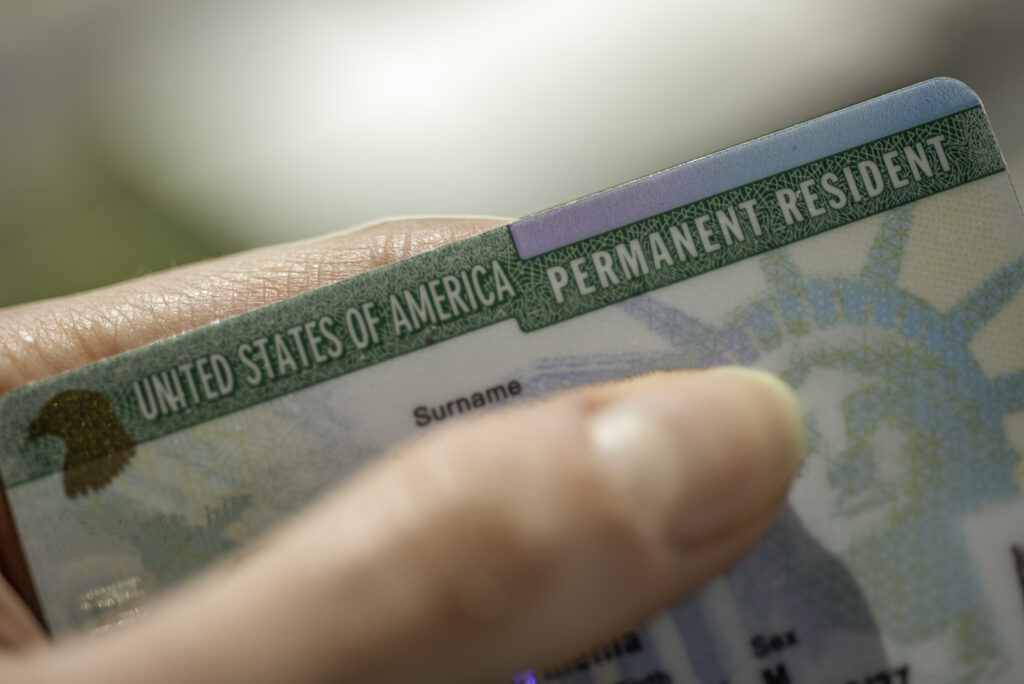What is Temporary Protected Status?
A foreign country may be granted temporary protected status (TPS) for conditions temporarily preventing its nationals from returning home safely or if the country is unable to process their return. TPS is granted to nationals of specified countries who are already within the United States.
What Countries are Currently Designated for TPS?
The Secretary of Homeland Security is responsible for designating a country for TPS and may do so under the following conditions present within that country:
- Ongoing armed conflict, such as a civil war
- An environmental disaster or an epidemic
- Other extraordinary and temporary conditions
The following countries currently have TPS designations:
- Afghanistan
- Burma (Myanmar)
- Cameroon
- El Salvador
- Ethiopia
- Haiti
- Honduras
- Lebanon
- Nepal
- Nicaragua
- Somalia
- South Sudan
- Sudan
- Syria
- Ukraine
- Venezuela
- Yemen
TPS designations can be made for 6, 12, or 18 months at a time. The Secretary will decide whether to extend or terminate a TPS 60 days before the status expires based on the country’s conditions. The Secretary’s decision will be published in the Federal Register. If a decision is not published at least 60 days before the expiration, then the designation will be automatically extended. There is no limit to the length of time a country can have a TPS designation.
Who is Eligible for TPS?
Nationals of a designated country will not automatically receive TPS. They must register during a specified period and pay hefty fees. The individual’s immigration status at the time of application for TPS or the issuance of an order of removal is irrelevant to eligibility.
Individuals who are TPS beneficiaries or are found preliminarily eligible for TPS:
- Can not be removed from the United States
- Are able to receive an employment authorization document (EAD)
- May be granted authorization for travel
The Department of Homeland Security is not permitted to detain individuals who have been granted TPS based on their immigration status.
TPS is considered a temporary benefit and will not lead to permanent resident status or grant another immigration status. However, TPS will not prevent an individual from:
- Applying for nonimmigrant status
- Filing for adjustment of status based on an immigrant petition
- Applying for other immigration benefits or protections
To be eligible for TPS, an individual must:
- Be a national of a country that is designated for TPS or a person without nationality who last resided within that country
- File during the initial registration or re-registration period or meet the requirements for late filing during any extension of the country’s TPS designation
- Be continuously physically present (CPP) in the United States since the effective date of the most recent designation date of the country AND
- Continuously residing (CR) within the United States since the specified date of the country.
There is an exception to the continuous physical presence and continuous residence requirements for brief, casual, and innocent departures from the United States. Upon application or re-registration for TPS, the applicant must inform USCIS of all absences from the United States. USCIS will decide if the exception applies on a case-by-case basis.
An individual may not be eligible for TPS or to maintain TPS if they:
- Have been convicted of a felony or two or more misdemeanors within the United States
- Are inadmissible as an immigrant according to INA section 212(a), which includes non-waivable criminal and security-related grounds
- Meet any bar to asylum, such as participation in the persecution of another individual or engagement in terrorist activity
- Fail to uphold the requirements for continuous physical presence or continuous residence within the United States
- Fail to uphold initial or late TPS registration requirements OR
- Fail to re-register for TPS without valid cause
What is Needed to Apply for TPS?
The TPS application process is extensive. An application must include the correct forms, evidence, fees, or fee waiver request. Be sure to check for any special filing instructions for your country.
Forms
To register or re-register for TPS, Form I-821, Application for Temporary Protected Status must be completed. This form may now be completed online.
An employment authorization document may also be requested during this time by submitting Form I-765, Request for Employment Authorization. This form may be submitted at the same time as Form I-821 or at a later time. Both may be filed concurrently online.
Form I-601, Application for Waiver of Grounds of Inadmissibility, should also be included. However, a new Form I-601 is not needed for incidents that have already been waived with a prior TPS application.
Evidence
Evidence that must be submitted with a TPS application includes:
- Identity and nationality evidence: to demonstrate identity and nationality or lack of nationality
- Date of entry evidence: to demonstrate when the individual entered the United States
- Continuous Residence evidence: to demonstrate that the applicant has been in the United States since the CR date specified for the country
All documents that are not in English must have an English translation certifying that:
- The translator is competent in English and the foreign language of the other document AND
- The translation is true to the best of their ability, knowledge, and belief
Evidence of identity and nationality may include passports, birth certificates accompanied by photo identification, or any national identity document with a photograph or fingerprint issued by the home country.
What is the Application Process?
To apply for TPS, an individual must:
- File the application at the address indicated on the country’s TPS page
- USCIS will contact the applicant for additional information
- The applicant will bring additional information to the Application Support Center
- USCIS will approve or deny the application
Do I Need an Attorney?
If you need help navigating the confusing process of applying for temporary protected status, we are here to assist you in every way we can. Call the lawyers of Toland Law, LLC at 857-347-3701 or fill out a contact form to schedule a free consultation.








